Democracy is a system of government in which the power to govern is vested in the people. It is a form of government that is based on the principles of popular sovereignty, majority rule, and the protection of individual rights and freedoms. Democracy is an essential aspect of modern societies, and it plays a crucial role in promoting social, economic, and political development.
One of the fundamental principles of democracy is popular sovereignty, which means that the people are the ultimate source of political power. In a democratic system, the people have the right to choose their leaders through free and fair elections. This means that the government is accountable to the people, and the people have the power to hold their leaders accountable if they do not fulfill their promises or act against the interests of the people.
Another essential principle of democracy is majority rule, which means that decisions are made by the majority of people. In a democratic system, decisions are made through a process of consultation, debate, and negotiation. The opinions of all citizens are taken into account, and the majority decision is implemented. This means that decisions made in a democratic system are generally more representative of the will of the people, and are therefore more likely to be accepted by the public.
Democracy also promotes the protection of individual rights and freedoms. In a democratic system, citizens have the right to freedom of speech, freedom of religion, freedom of association, and freedom of the press. These freedoms are essential for promoting the development of a free and open society, where citizens can express their opinions and ideas without fear of repression or persecution.
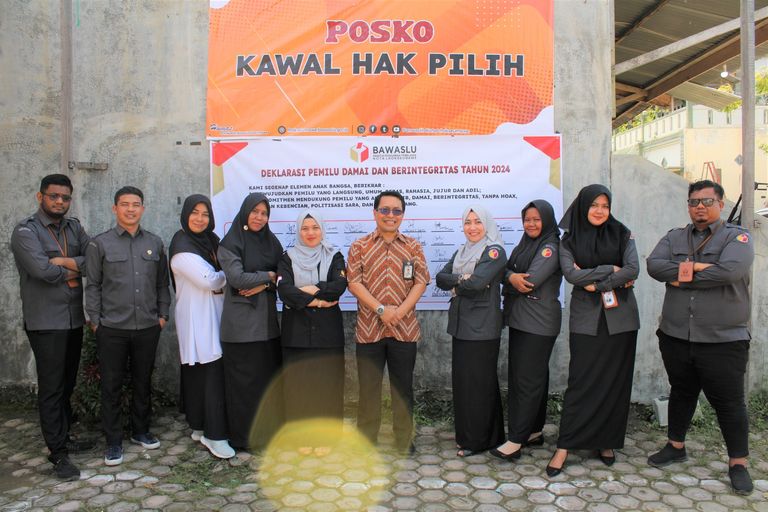
In addition, democracy promotes social, economic, and political development. In a democratic system, citizens have the right to participate in the political process, which encourages the development of civil society and promotes political stability. Democracy also promotes economic development by providing a stable and predictable environment for businesses to operate in. This means that democracies are generally more prosperous than authoritarian regimes, which often suffer from political instability, corruption, and a lack of economic opportunities.
However, democracy is not without its challenges. One of the main challenges facing democratic systems is the risk of authoritarianism. In some cases, democratically elected leaders may use their power to undermine democratic institutions and erode the freedoms and rights of citizens. This can lead to the emergence of authoritarian regimes, where the rule of law is weak, and individual rights and freedoms are not respected.
Another challenge facing democratic systems is the risk of polarization and social division. In some cases, democratic societies may become polarized along ethnic, religious, or ideological lines, which can lead to social conflict and instability. This can undermine the legitimacy of democratic institutions and threaten the stability of the political system.
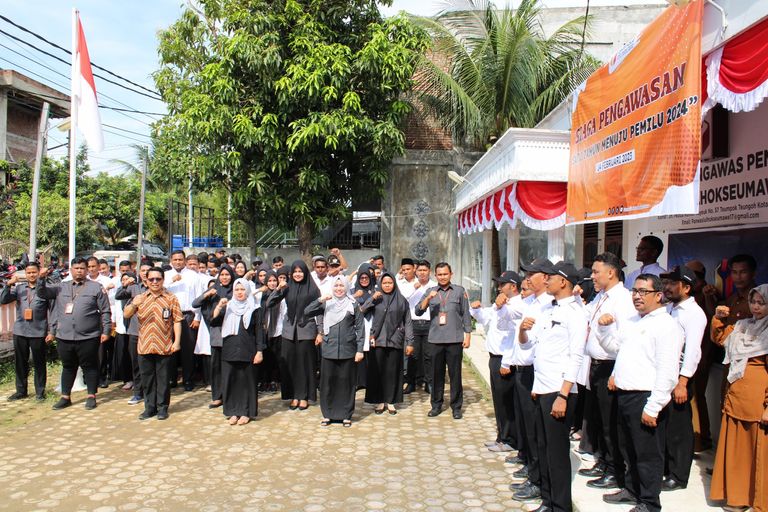
Despite these challenges, democracy remains the most effective system of government for promoting social, economic, and political development. It is a system that is based on the principles of popular sovereignty, majority rule, and the protection of individual rights and freedoms. While it is not a perfect system, it remains the best available option for promoting human rights, social justice, and political stability.
In conclusion, democracy is a system of government that is based on the principles of popular sovereignty, majority rule, and the protection of individual rights and freedoms. It is an essential aspect of modern societies, and it plays a crucial role in promoting social, economic, and political development. While it is not without its challenges, democracy remains the most effective system of government for promoting human rights, social justice, and political stability.
Democracy is a form of government in which the people have the power to choose their leaders and influence decision-making. It has several advantages over other forms of government, including:
Popular sovereignty. In a democracy, the people are the ultimate source of power. This means that the government is accountable to the people and must act in their best interests. It also means that the government's legitimacy is based on the will of the people, which promotes political stability and social cohesion.
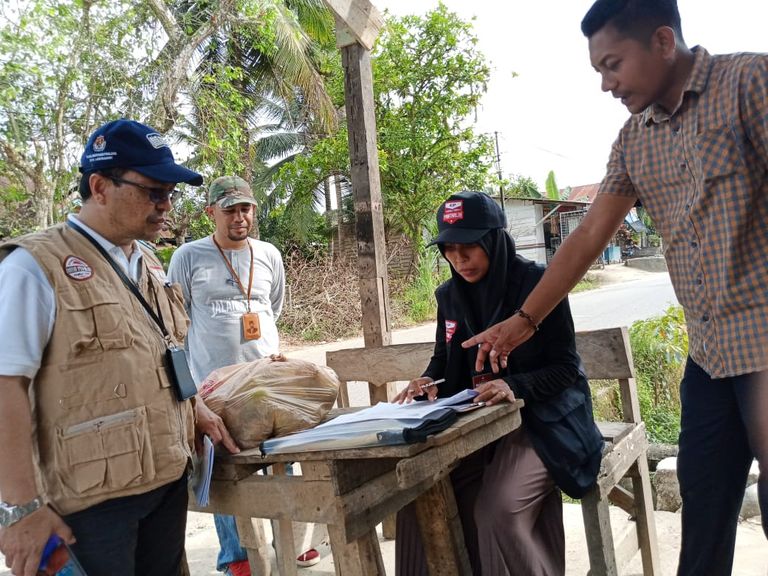
Protection of individual rights and freedoms. Democracy promotes the protection of individual rights and freedoms, such as freedom of speech, assembly, and religion. This creates a climate of openness, tolerance, and respect for diversity, which fosters innovation, creativity, and economic growth.
Rule of law. In a democracy, everyone is equal before the law. The government is bound by laws and regulations, which protect citizens from arbitrary exercise of power. This creates a stable and predictable legal environment that encourages investment, entrepreneurship, and economic development.
Participatory governance. In a democracy, citizens have the right to participate in decision-making processes, either directly or through elected representatives. This promotes active citizenship, fosters a sense of belonging and ownership, and ensures that government policies reflect the will of the people.
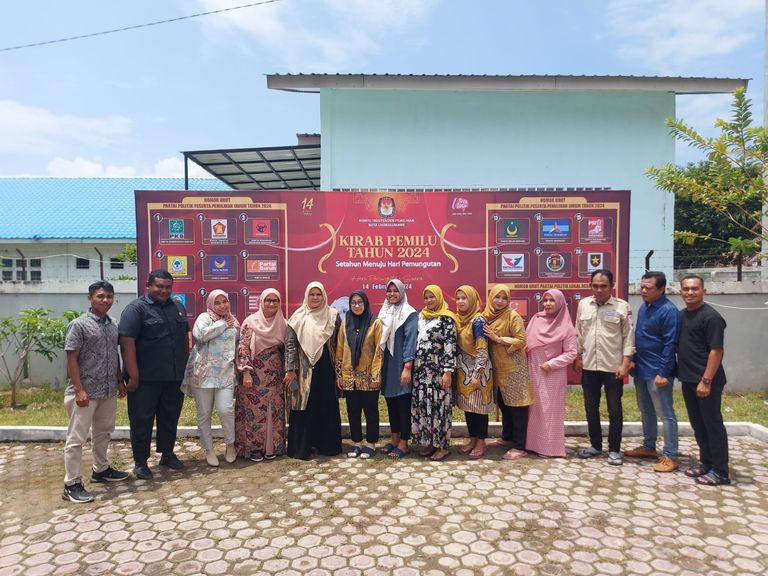
Peaceful transfer of power. In a democracy, power is transferred peacefully from one administration to another through free and fair elections. This reduces the risk of political instability and violence, which can disrupt economic and social progress.
Checks and balances. In a democracy, power is divided among different branches of government, such as the executive, legislative, and judiciary. This ensures that no single branch of government can become too powerful or abuse its authority. It also promotes transparency and accountability in government.
Innovation and creativity. Democracy fosters innovation and creativity by encouraging open dialogue, diverse perspectives, and critical thinking. This creates an environment that is conducive to intellectual and scientific advancements, which can drive economic growth and social progress.
Overall, democracy has several advantages over other forms of government. It promotes popular sovereignty, protects individual rights and freedoms, ensures the rule of law, fosters participatory governance, promotes peaceful transfer of power, provides checks and balances, and fosters innovation and creativity. These advantages create a stable and prosperous environment that promotes economic growth, social justice, and human development.

Indonesia is a democratic country that practices a presidential system of government. It is a republic, with the president as the head of state and head of government. The Indonesian political system is based on the 1945 Constitution, which establishes a representative democracy with a separation of powers among the executive, legislative, and judiciary branches of government.
Indonesia has a multi-party system, with political parties competing in free and fair elections to win seats in the House of Representatives (DPR). The DPR has 575 members who are elected for a five-year term through proportional representation. In addition, Indonesia also has a Regional Representative Council (DPD), which represents the provinces and has 136 members elected for a five-year term through a mixed electoral system.
The president is elected for a five-year term through direct elections, with a maximum of two terms in office. The president has significant executive powers, including the power to appoint cabinet ministers and other senior officials. The president also has the power to veto legislation passed by the DPR.
The judiciary is independent and comprises a Constitutional Court, a Supreme Court, and a Judicial Commission. The Constitutional Court is responsible for interpreting the constitution and resolving disputes related to elections and political parties. The Supreme Court is the highest court of appeal in the country and has jurisdiction over all legal matters. The Judicial Commission is responsible for selecting and supervising judges and maintaining the integrity of the judiciary.
Indonesia has made significant progress in consolidating its democratic system since the fall of the authoritarian regime in 1998. The country has held several free and fair elections, and there is a vibrant civil society that participates in the political process. However, there are still some challenges facing Indonesian democracy, including corruption, political polarization, and restrictions on freedom of speech and expression.
Overall, Indonesia practices a democratic system of government based on the principles of popular sovereignty, separation of powers, and protection of individual rights and freedoms. Despite some challenges, Indonesia has made significant progress in consolidating its democratic system and promoting social, economic, and political development.

